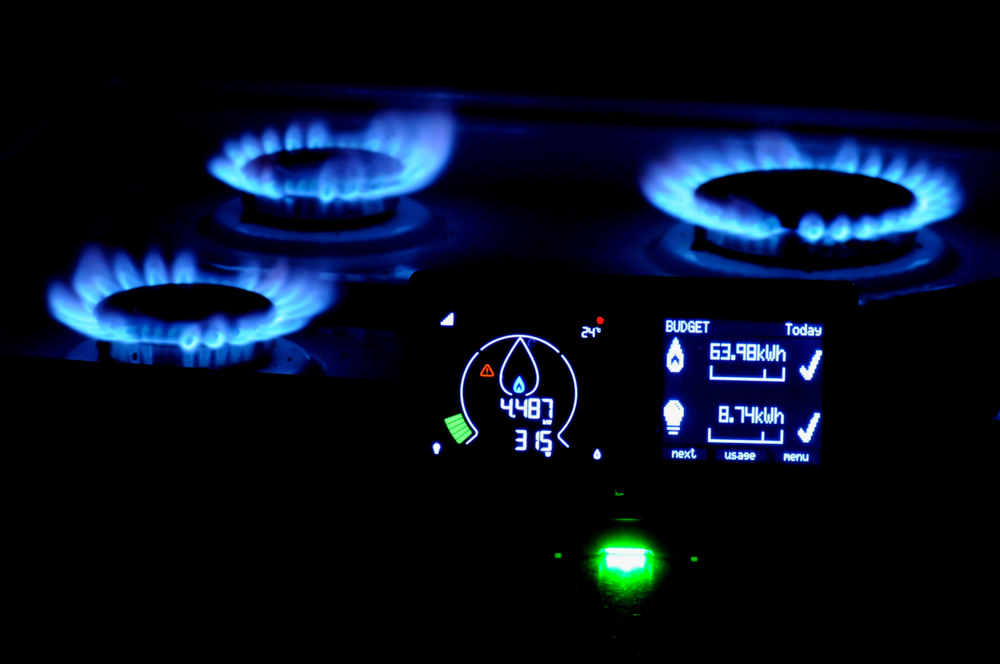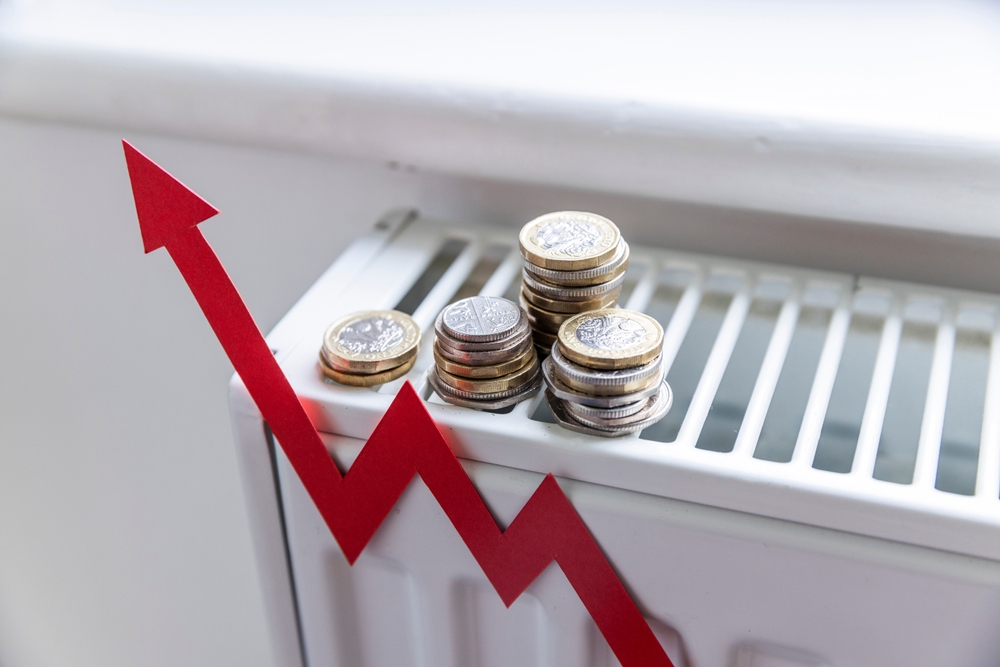
Our view on smart meters
Our view on the smart meter rollout
National Energy Action believes that the smart meter rollout has the potential to provide real benefits for vulnerable and low-income households. In particular, we are supportive of the capacity of smart meters to end estimated billing, to provide greater control over personal energy use, and to make payment for ‘pay as you go’ energy much more convenient.
We know that many low-income consumers ration their energy use, particularly during the winter due to fear of a shock bill. Smart meters will help put consumers in control of the energy they are using and give them clear oversight of the cost. They are also part of the journey towards a more flexible energy system, where consumers can access variable tariffs including those which reward using energy at ‘off-peak’ times. National Energy Action’s role will be to ensure that vulnerable and low-income consumers have access to information and support to ensure they are not left behind in this transition.
Prepayment customers have potentially the most to gain from the installation of a smart meter.
“You know, [the meter] goes off when you’re in the middle of having a shower and things like that. It’s annoying and going to the shop. Sometimes, I don’t want to go out late and go to the shop late on my own.”
Through smart prepayment, customers will have the ability to top up online. This will help prevent long periods of self-disconnection occurring due to affordability, forgetfulness (perhaps due to a medical condition), or where mobility issues mean that the customer finds it difficult to get to a place where they can top up, or even to access the meter in their own home. These benefits have been demonstrated through the energy crisis, where positive outcomes for smart prepayment customers have been in strong contrast to those who still need to rely on legacy prepayment meters. The administration of the Energy Bills Support Scheme being a key example, whereby smart prepayment customers had this discount automatically added to their account, unlike traditional prepayment customers, who were issued with vouchers they had to physically redeem before they expired.

National Energy Action remains focused on ensuring that vulnerable and low-income consumers can benefit from the smart meter rollout, a policy that every household is paying for. Our concerns have been mainly based on evidence that, without additional support and effective tailored engagement, some vulnerable householders will not have sufficient understanding of how to interact with their in-home display or how to act appropriately on the information it provides. At best, this means they could miss out on the opportunity to make sensible adjustments to their energy-usage behaviour and at worst, they could ration their energy usage to a level that is detrimental to their health and wellbeing.
National Energy Action continues to advocate that Ofgem’s existing regulatory controls be properly utilised and enforced, energy supplier targets and obligations closely monitored and consumers properly protected, engaged and supported throughout the smart meter rollout.
We deliver practical projects and provide advice and support on smart meters directly to householders and advisers. We also offer the following training options for frontline advisers:
Smart meter symposium
On 11 July 2024, National Energy Action held its first smart meter symposium, bringing together a range of stakeholders to discuss benefits, challenges and opportunities for making the rollout a success. More details can be found here.
National Energy Action research reports and consultation responses
SMART-UP
SMART-UP was an EU-funded project running across five countries. National Energy Action’s study sought to understand the impact tailored energy advice can have on the active use of a smart meter and in-home display in managing energy consumption in vulnerable households. Our research demonstrated that smart meters can benefit vulnerable and low-income households but in most cases this requires additional support and advice.
The study found that providing advice and support was successful in enabling vulnerable households to engage and understand their smart meter and in-home display. It also found that households used their smart meters in more ways, as well as using them with higher frequency. Following the interventions householders were much more likely to use their smart meters and accompanying in-home displays to do things such as checking how much electricity they were using and setting budgets. There were also increases in the percentage of householders making changes to how they used energy at home. The full UK research report is available here and for more information on SMART-UP visit www.smartup-project.eu
energywise
National Energy Action was a partner on the UK Power Networks-led project energywise; exploring how fuel poor customers can benefit from a smart meter and participate in energy saving and demand-side response opportunities.
The project successfully installed 230 credit smart meters and 93 prepayment smart meters in the homes of 323 social housing tenants living in the deprived borough of Tower Hamlets in East London. In targeting this group, the project generated valuable learnings on how to engage and support energy consumers identified by previous research as vulnerable to realising benefits from their smart meter and in-home display. Specifically, low-income households, social housing tenants, prepayment meter consumers and those who do not speak English proficiently.
Ensuring households have access to support and advice about the smart meter rollout
Since 2016, National Energy Action has been working with Smart Energy GB to lead and deliver the Smart Energy GB in Communities programme. This work involves administering grant funding to organisations from the voluntary and public sector to deliver their own smart meter projects and support to people in vulnerable circumstances. This means we’re able to work with trusted, expert organisations across the country to ensure people understand the benefits of smart meters and how they work. The programme continues to demonstrate the positive and meaningful impact of direct, face-to-face engagement with vulnerable consumers.
Ever since the Smart Energy GB in Communities programme commenced, National Energy Action has developed and delivered smart meter training, upskilling thousands of frontline professionals and volunteers. In turn, they have gone on to cascade their knowledge and support to vulnerable householders across Great Britain. Our training aims to ensure advisors are confident and equipped to answer their client’s queries about the rollout and dispel any myths or misconceptions.
In 2024, National Energy Action will be delivering a new smart meter focused programme of work, providing training to frontline advisers and awareness raising sessions directly to householders in communities across England and Wales. We will also be implementing a practical and research project around delivering the benefits of smart meters via social housing in London. For more information please contact heather.critchlow@nea.org.uk.
We will also be implementing a practical and research project delivering the benefits of smart meters via social housing. See our latest blog on how we think the rollout can offer practical benefits to both landlords and tenants.
Industry frameworks, principles and good practice guidance
National Energy Action continues to actively work alongside industry, government and the regulator to ensure the smart meter rollout is delivered with the interests of all consumers at its heart, in particular low-income households or those in vulnerable situations. The smart meter rollout provides a plethora of potential benefits but only if everyone is engaged effectively and offered the right advice and support to realise the benefits specific to them.
As part of this work National Energy Action welcomes and participates in the Consumer Reference Group (CRG); a forum set up by the Department of Business, Energy and Industrial Strategy under the Smart Metering Implementation Programme to provide advice, share good practice and, where appropriate, solutions to mitigate consumer journey challenges arising from consumer experiences in the smart meter roll-out.

